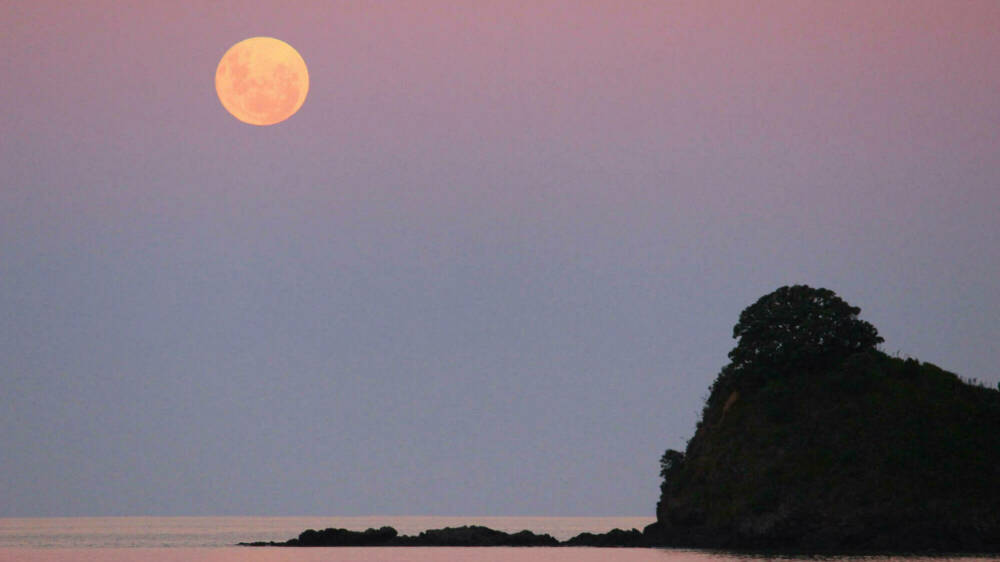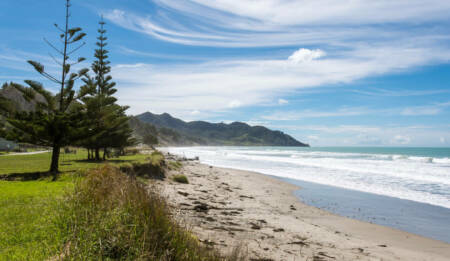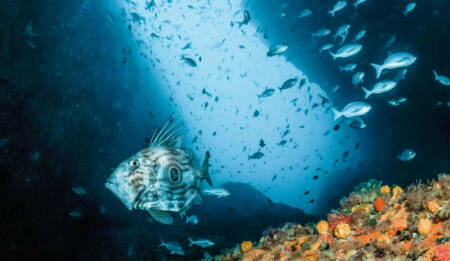Ngā Tohu o te Ao: Maramataka and marine management
This project investigates maramataka / Māori moon calendars as a framework to develop cultural coastal indicators to inform marine monitoring practices.

Background
Maramataka are an ancient knowledge system developed over many millennia though an intimate connection with the environment. Maramataka are a natural timekeeping system that use the movement of the moon through any given month or season to determine appropriate times for various customary activities. Although maramataka are not as widely applied today, the knowledge and practices surrounding moon calendars have been preserved in indigenous communities across the Pacific.
In Aotearoa New Zealand, maramataka are still applied by indigenous practitioners to inform interaction with the environment and guide ecosystem management practices. The cultural marine and coastal seascapes of Aotearoa have undergone rapid ecosystem change. Understanding the extent of change and the associated impact to social, economic and cultural well-being is critical to effective implementation of ecosystem-based management (EBM).
This project is part of the New Zealand government’s Sustainable Seas National Science Challenge / Ko ngā moana whakauka.
Project details
This project addresses the need to reposition mātauranga Māori as an integral and vital knowledge system for understanding coastal ecosystems and informing knowledge-based EBM. Maramataka will be used as a tool to explore mātauranga Māori specific to coastal and marine ecosystems.
Three case study groups are setting the foundation for collective inquiry into maramataka and mātauranga Māori, conducted through a series of wānanga. These groups are Pakirikiri Wananga – Ngāti Porou in Tokomaru Bay; Waiora Marae – Ngāti Kuri in Taitokerau; and Tauranga Iwi Customary Fisheries Trust / Tauranga Moana.
What they hope to achieve
The projects aim to find answers to three questions:
- How do we reclaim maramataka knowledge and practices to inform transformative practice in coastal and marine assessment?
- How can maramataka be used as a catalyst to reclaim mātauranga Māori for the coast and marine environment?
- How do we use both maramataka and reclaimed mātauranga Māori to reframe cultural indicator framework development?

Resource




